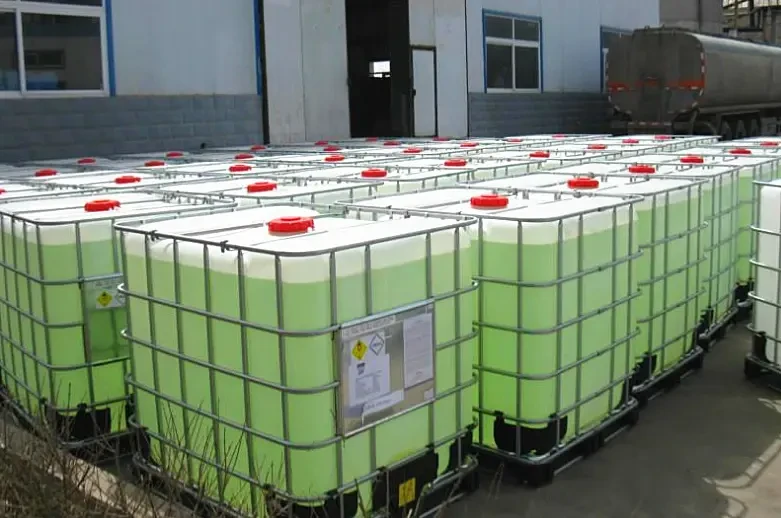The Significance of Sulfamate Acid in Modern Chemistry
Sulfamate acid, or sulfamic acid, is a unique and versatile compound that has gained considerable attention in various fields of chemistry and industrial applications. Its chemical formula is H₃NSO₃, and it is a derivative of amidosulfonic acid. This article explores the significance of sulfamate acid, its properties, applications, and potential future developments.
Chemical Properties
Sulfamate acid is a white, crystalline solid that is highly soluble in water. It exhibits notable thermal stability, decomposing only at elevated temperatures. Its acidic properties are somewhat milder compared to traditional mineral acids, making it safer and easier to handle in many situations. The compound has a pKa value of approximately 1.4, indicating its strong acidic nature. This allows sulfamate acid to act as an effective acidifying agent in various chemical reactions.
One of the intriguing aspects of sulfamate acid is its role as a zwitterion. In aqueous solutions, it can exist in both anionic and cationic forms, enhancing its reactivity and solubility. This dual nature makes sulfamate acid an essential component in many chemical processes, especially those requiring precise control over acidity and pH levels.
Applications in Industry
Sulfamate acid finds numerous applications across different industries due to its beneficial properties. One of its prominent uses is in the production of surfactants and detergents. Sulfamate derivatives serve as effective surface-active agents, enhancing the cleaning ability of various formulations. This attribute makes it invaluable in household and industrial cleaning products.
Another significant application of sulfamate acid lies in the realm of electrochemistry. It is commonly used in the plating of metals, particularly in the electroforming and electroplating processes. Sulfamate nickel solutions, which incorporate sulfamate acid, provide superior properties for coating, such as ductility and corrosion resistance. These properties are crucial in the manufacturing of components in the electronics and automotive industries.
sulfamate acid

In pharmaceuticals, sulfamate acid serves as an important intermediate in synthesizing various bioactive compounds. It acts as a building block in the creation of sulfonamide drugs, which are vital in antibacterial treatment. The versatility of sulfamate acid also extends to agriculture, where it can be used as a herbicide or a plant growth regulator when properly formulated.
Environmental Considerations
As the world shifts toward more sustainable practices, the role of sulfamate acid in green chemistry is increasingly recognized. It offers an environmentally friendly alternative to stronger acids, reducing the potential for harm in both industrial processes and laboratory experiments. The ability of sulfamate acid to decompose without generating harmful byproducts aligns with modern environmental standards, making it a favorable choice for companies striving for eco-friendly solutions.
Research into sulfamate acid continues to unfold, revealing new potential applications and processes. Its role in catalysis, for instance, has garnered interest, as it can facilitate various organic transformations efficiently. Additionally, its use in developing novel materials, such as polymers and resins, shows promise, expanding its footprint beyond conventional usage.
Future Prospects
The future of sulfamate acid in scientific research and industrial applications appears bright. Increased investigation into its properties and derivatives may lead to the discovery of new uses and enhancements in existing applications. As industries continue to seek safer and more effective alternatives to traditional chemicals, sulfamate acid's profile is likely to rise.
In conclusion, sulfamate acid is a multifaceted compound with diverse applications spanning numerous fields, from cleaning products to pharmaceuticals. Its favorable chemical properties and environmentally friendly profile make it a key player in modern chemistry. As research progresses and industries evolve, sulfamate acid is poised to remain a critical component in the advancement of sustainable practices and innovative technologies.

